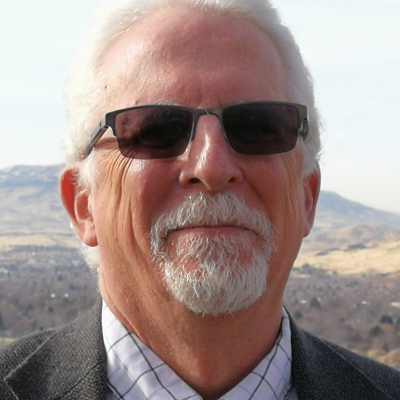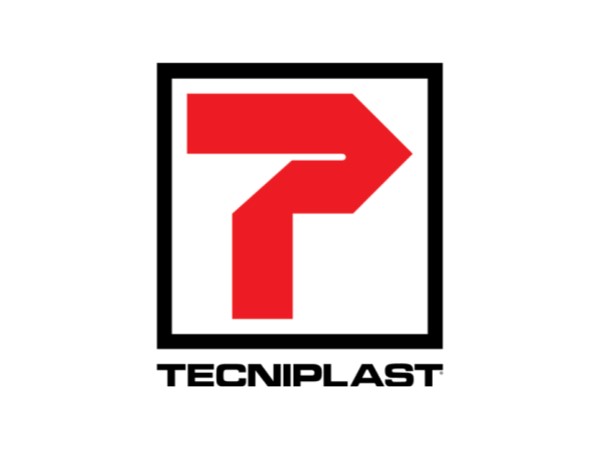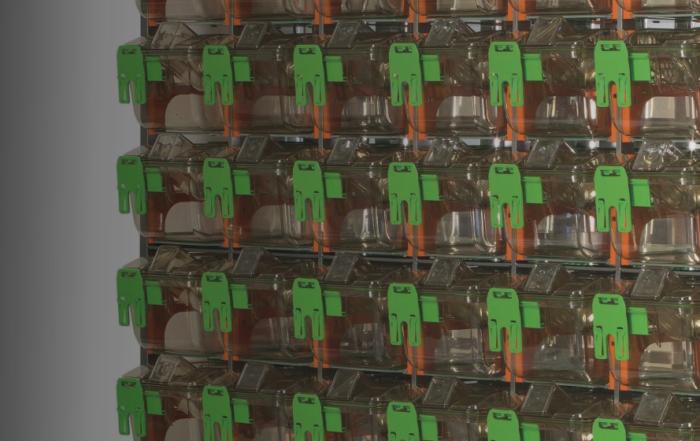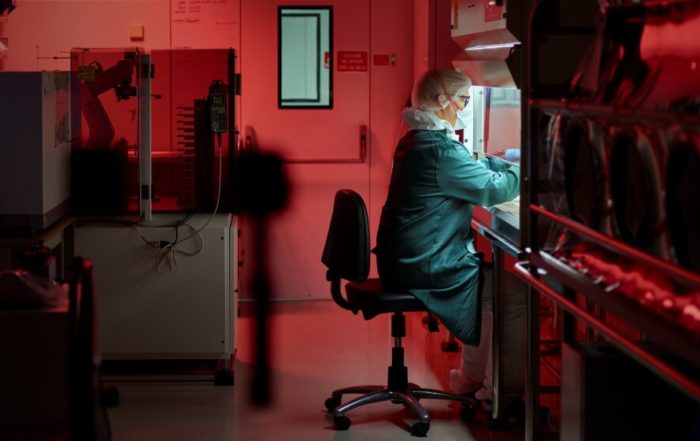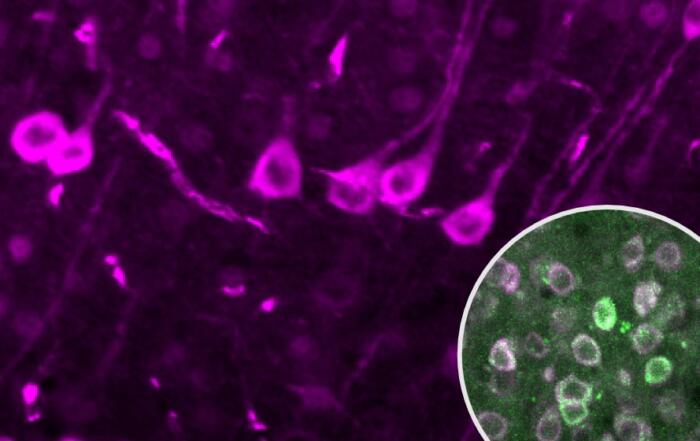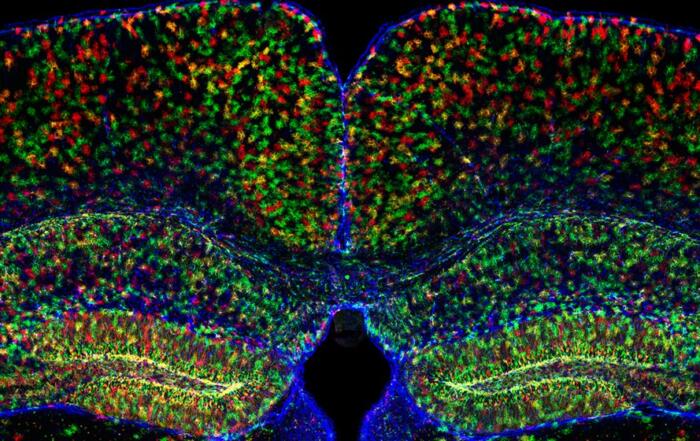Experts discuss current biosafety requirements and what home cage monitoring can teach us in bioexclusion and biocontainment studies.
Recently, a surging response to the COVID-19 pandemic has led to an exponential increase in study support for biocontainment and bioexclusion research. Mouse models are being rapidly developed in both areas, and biosafe housing of these animal models is critical. Additionally, non-invasive home cage monitoring can improve the translational value of these research models.
Locomotor activity patterns can be monitored 24/7 as a diagnostic tool for biosecurity studies. Researchers, staff and animals alike will also benefit from a decreased need for animal handling, caging manipulations and animal monitoring.
This webinar will be most valuable for institutions where biocontainment and bioexclusion work is being considered or conducted, and for researchers who wish to better understand what can be achieved through continuous measurement of animal welfare based of use of non-invasive activity monitoring.
Click to watch the webinar recording. To view the presentation full screen simply click the square icon located in the bottom-right corner of the video-viewer.
Resources
To retrieve a PDF copy of the presentation, click on the link below the slide player. From this page, click on the “Download” link to retrieve the file.
Presenters
CEO and Principal Consultant
Lab Animal Consultants
Scientific Director
Digilab Solutions
Tecniplast S.p.A


